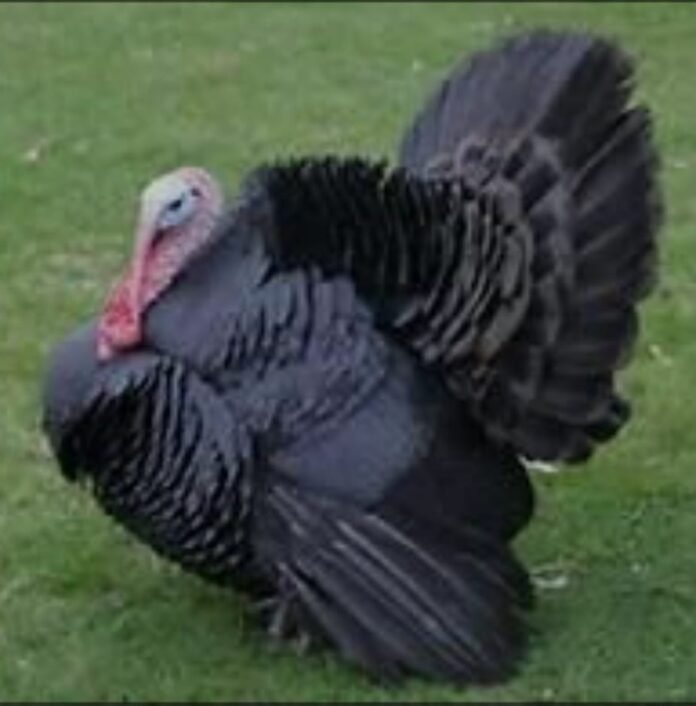As Americans gather around the table to celebrate Thanksgiving, it’s essential to acknowledge the complex and often overlooked history that has shaped the United States. One such chapter in this history is the significant contribution of Haiti to the growth and expansion of the United States. It’s time for America to express its gratitude to the brave Haitian men and women who fought against Napoleon, ultimately aiding the U.S. in the Louisiana Purchase and facilitating the country’s geographical expansion.
In 1803, Haiti became the first independent black nation in the world, having defeated Napoleon’s forces in a brutal and protracted conflict. This remarkable achievement not only secured Haiti’s freedom but also had far-reaching consequences for the United States. The Louisiana Purchase, which took place the same year, was made possible in part due to Haiti’s victory over the French. Napoleon’s defeat in Haiti weakened his position in the Americas, allowing the United States to negotiate the purchase of the Louisiana Territory, effectively doubling the size of the country.
Despite this pivotal moment in American history, the contributions of Haiti and its people have been largely overlooked and underappreciated. Moreover, as Haiti continues to face significant challenges, including political instability, economic hardship, and environmental degradation, it’s imperative that the United States acknowledges its historical responsibility to Haiti and takes proactive steps to support the country’s development and stability.
As Americans celebrate Thanksgiving, it’s essential to recognize the significance of taking action to show gratitude. This is particularly important when it comes to Haiti’s contributions to the United States. By acknowledging and appreciating Haiti’s role in shaping America’s history, we can work towards a more equitable and just relationship between our two nations.
The Louisiana Purchase, made possible by Haiti’s triumph over Napoleon in 1803, is a pivotal moment in American history that often goes unappreciated. As we express gratitude for our blessings on Thanksgiving, let’s honor Haiti’s unsung heroes who fought for their freedom and helped shape the United States. By doing so, we can truly embody the spirit of Thanksgiving and work towards a brighter future for all.
The U.S. often uses the Monroe Doctrine when it comes to imposing its power over Haiti. But, why can’t Haiti receive the same level of support and attention like Ukraine from the U.S. government? The U.S. has a historical responsibility to Haiti, and it’s time to take action.
The U.S. government can start by providing economic aid to help Haiti address its economic challenges, such as poverty and inequality. It’s also crucial for the U.S. to acknowledge its historical involvement in Haiti’s affairs and the impact of its policies on the country.
The U.S. can learn from its past mistakes and work towards a more equitable and just relationship with Haiti. In terms of addressing gang violence in Haiti, the U.S. can work with Haitian authorities to implement effective solutions. However, it’s essential to recognize that foreign aid alone cannot solve Haiti’s problems.
The international community must support Haitian-led initiatives and prioritize the needs and voices of the Haitian people. Ultimately, the U.S. government should take a more nuanced and thoughtful approach to its relationship with Haiti, one that acknowledges the country’s sovereignty and agency.
By doing so, the U.S. can truly embody the spirit of Thanksgiving and work towards a brighter future for both nations. The U.S. should also think about what would have happened if the Haitian forefathers were not strong and brave enough to defeat Napoleon. What would the U.S. be today? Now, Haiti is living in a “what if” moment. It’s astonishing that the most powerful nation and military in the world cannot eradicate the untrained and unprofessional gangs in Haiti. Is this how the U.S. wants to write the history of the nation that helped them expand far beyond what they could have expected? Before the U.S. can be thankful for the great nation that they are, they should also be thankful for Haiti and show action to change the first black nation right in their backyard.
As we close this reflection on Haiti’s unsung heroes, let us remember that gratitude is not just a feeling, but a call to action. By acknowledging Haiti’s contributions to our shared history, we can begin to repair the injustices of the past and build a more equitable future. May this Thanksgiving mark the beginning of a new chapter in U.S.-Haiti relations, one characterized by mutual respect, understanding, and a deep appreciation for the bravery and resilience of the Haitian people.
Moreover, as the President of the United States sends a turkey to be pardoned, it’s a symbolic gesture that sparks reflection. This Thanksgiving, let’s extend that reflection to Haiti, a nation that has faced unimaginable challenges, from poverty and gang violence to natural disasters and political instability. Just as the pardoned turkey is given a second chance, Haiti deserves a chance to break free from the cycles of poverty.
Samuel Georges




